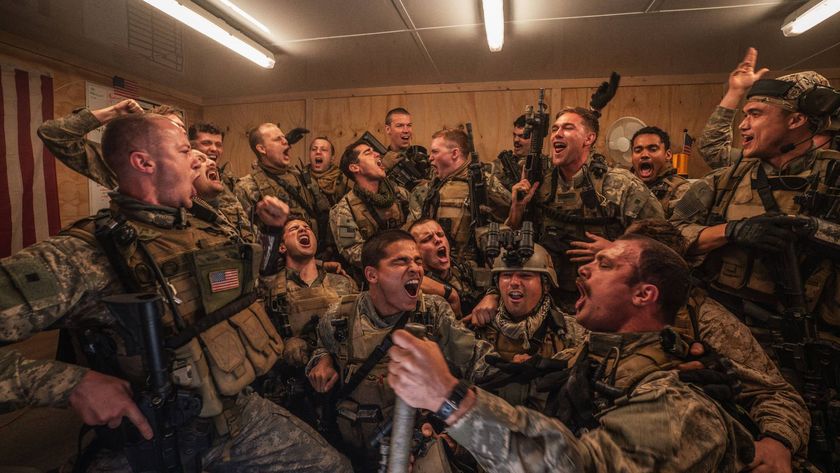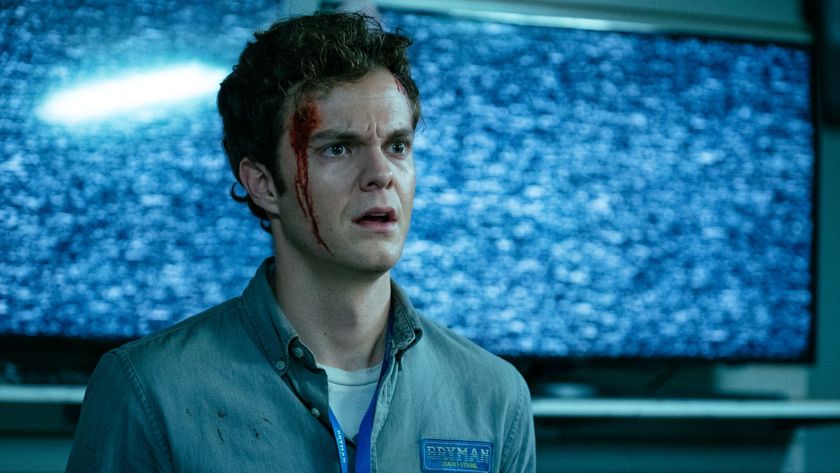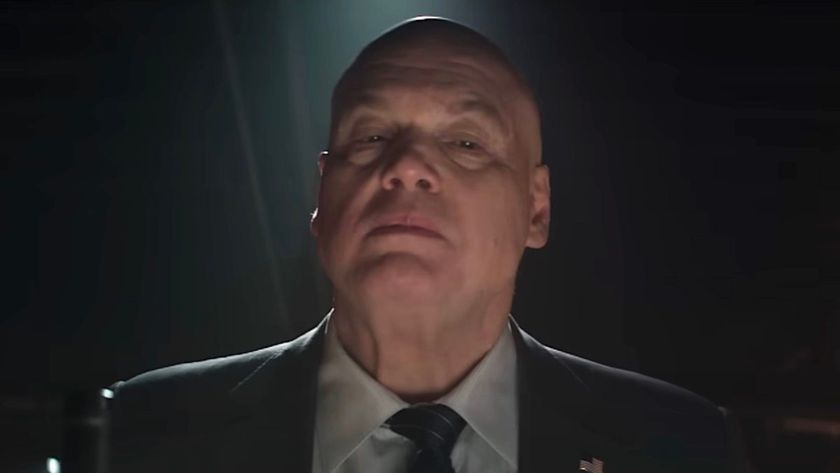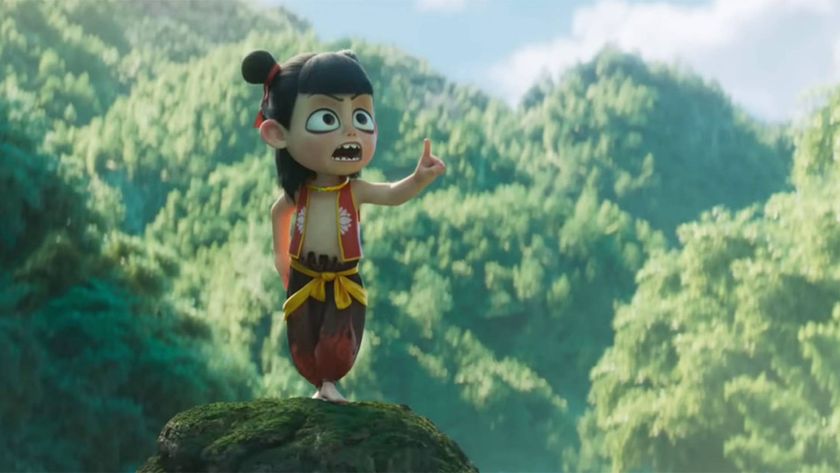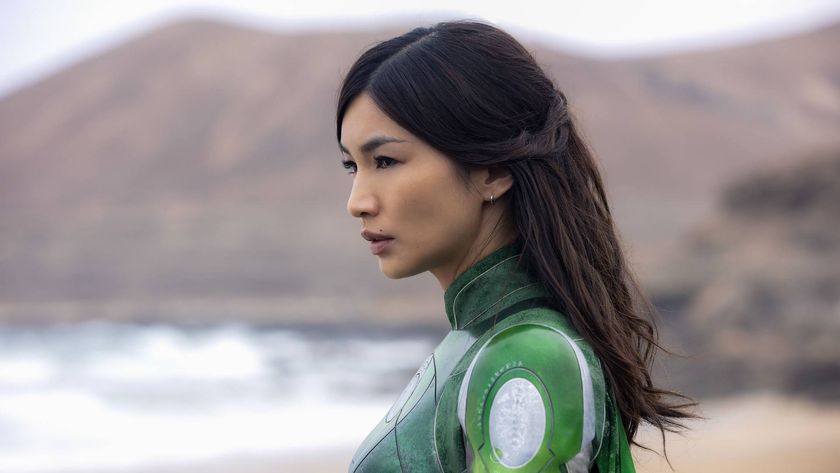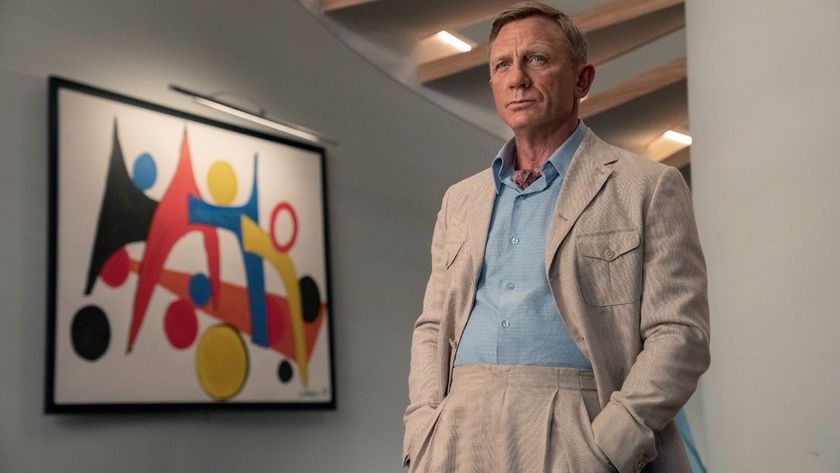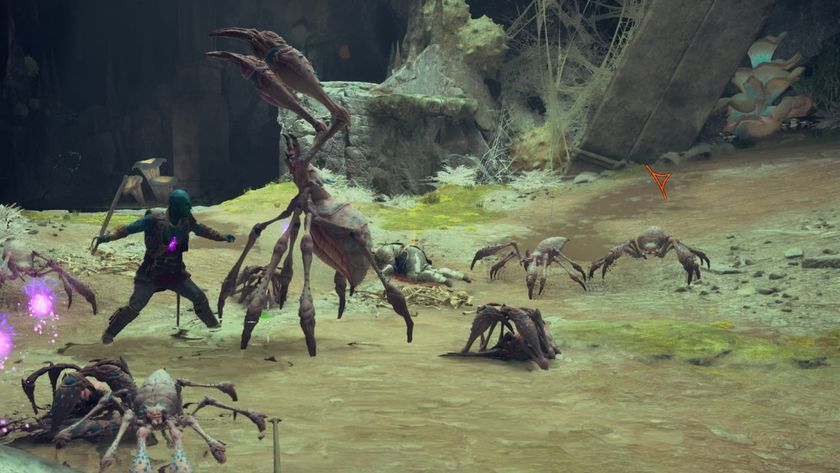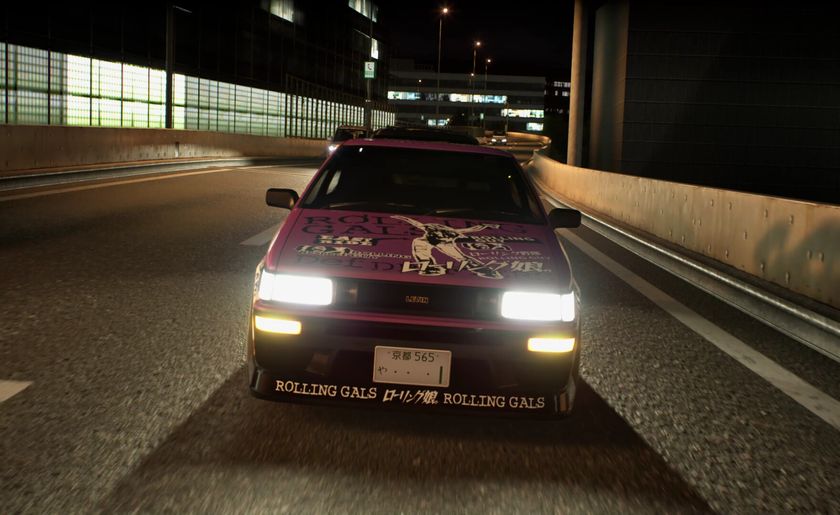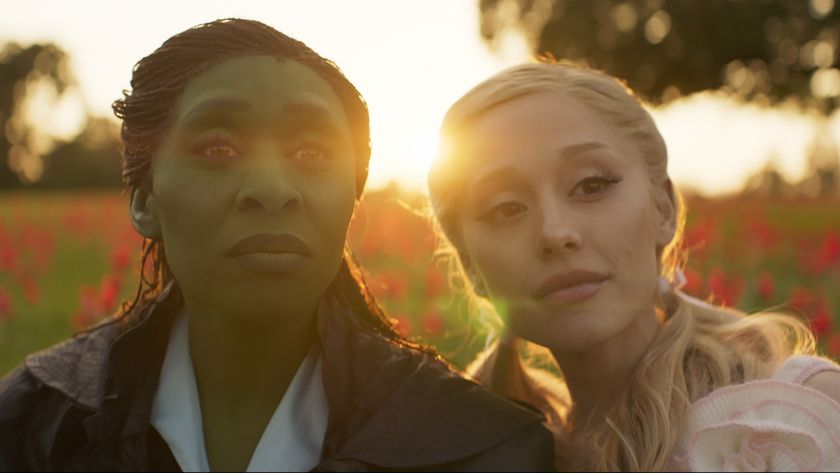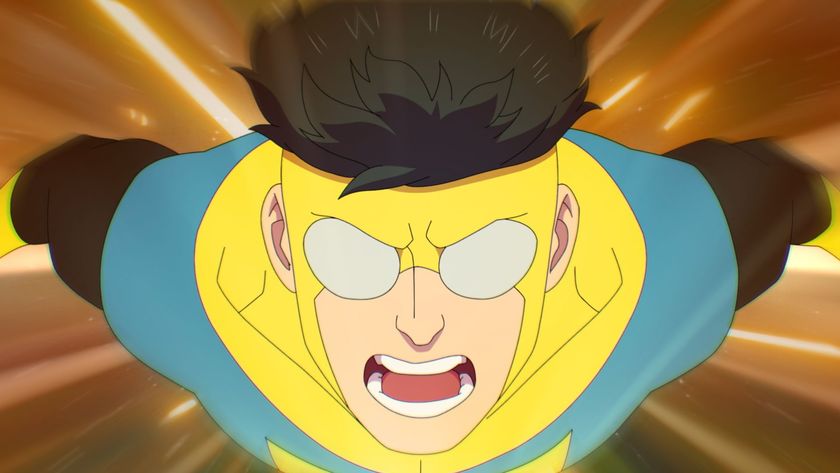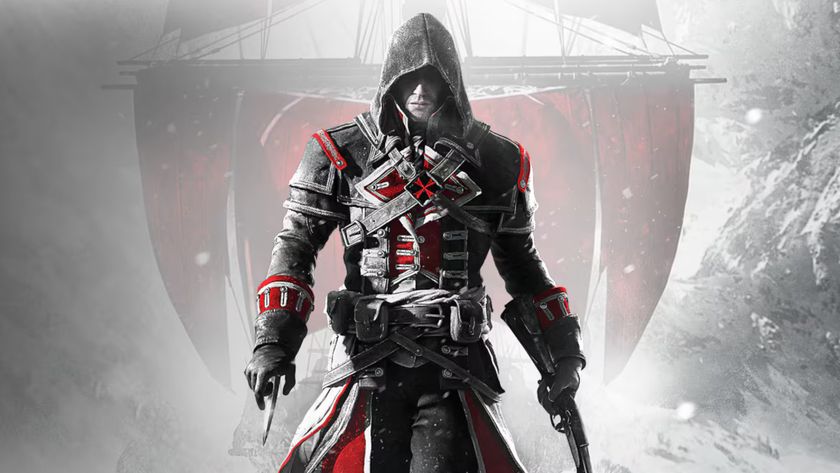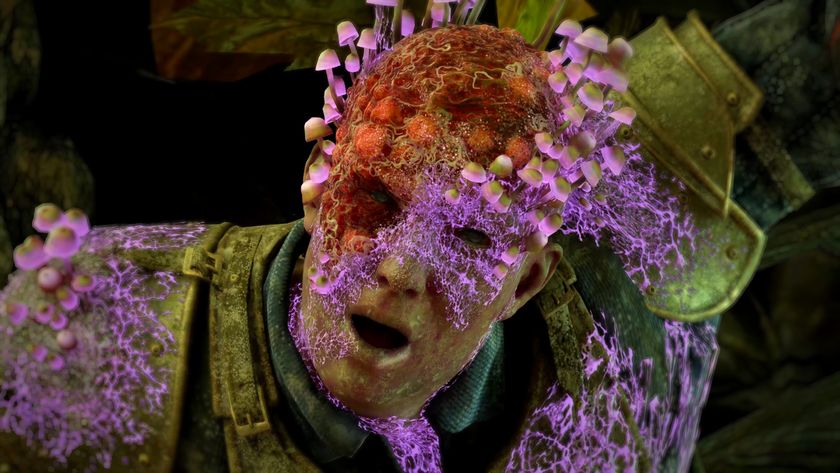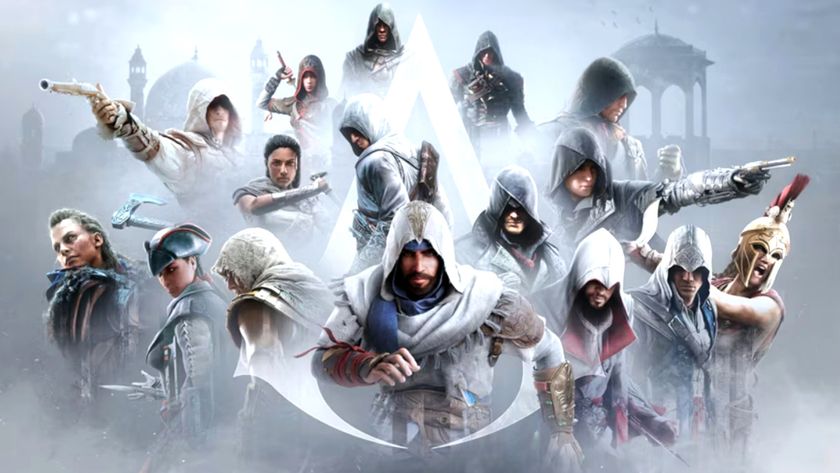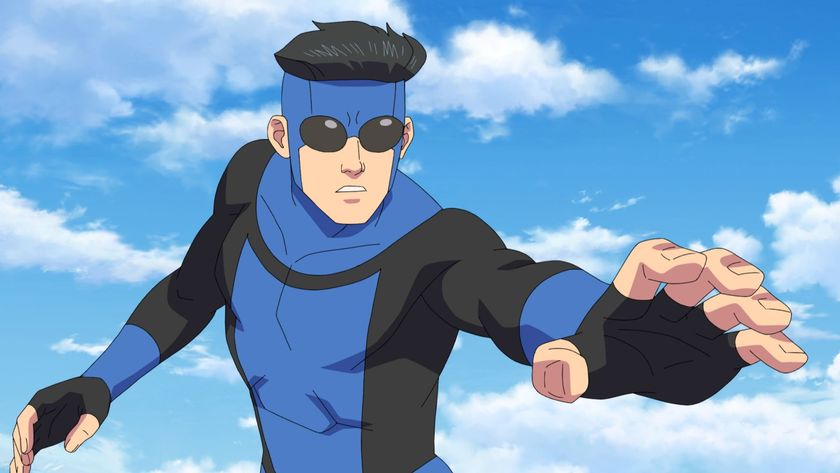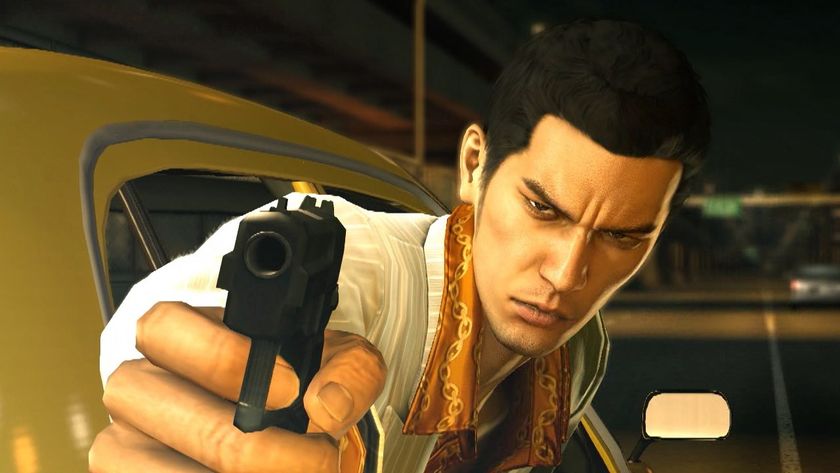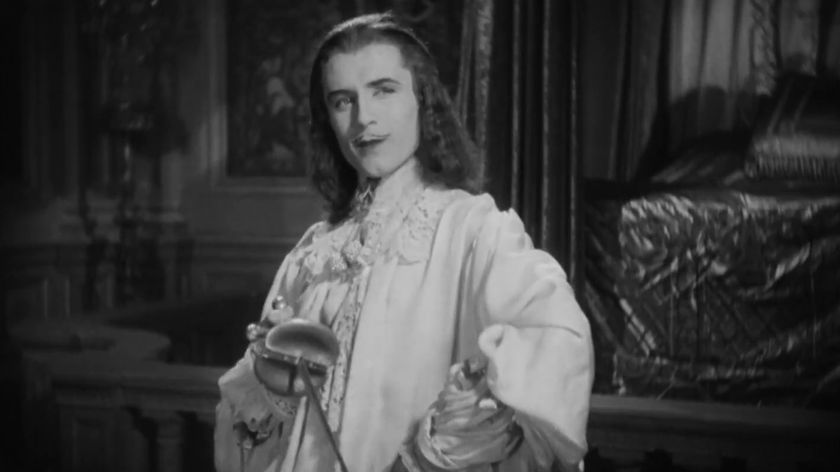
American author Benjamin Percy received rave reviews for his last novel, Red Moon, and now he’s back with a new novel inspired by the 19th Century expedition of Lewis and Clark. We caught up with the wordsmith to ask him a few questions.
How would you describe The Dead Lands?
I like to think of it as some cross-pollinated version of The Lord Of The Rings and Stephen King’s The Dark Tower series. People will immediately peg it as a post-apocalyptic story, and it is, but more particularly it is a quest with elements of fantasy and horror laced into it.
A super flu and nuclear fallout have made a husk of our world. A walled-in St Louis –known as The Sanctuary – believes it is the last outpost of humanity, everything around it scorched by heat, mutated by radiation. But the water is running out and a rebellion is stirring, and when a rider emerges from the wastelands, there is hope for the future. She shares news of life beyond the wall, far to the west, where rain falls and towns rise. A group of rebels will follow her – with the hope of a new America – unsure whether they can trust her, but certain they will not survive if they remain. So there is the story of the quest (and their expedition’s pursuers), but there is also the story of the Sanctuary, and I cut back and forth between them to enhance suspense, each of the storylines tense and sizzling their way to detonation.
You can read The Dead Lands with no knowledge of the Lewis and Clark expedition, just as you can pick up Blood Meridian without recognizing its connection to Moby Dick just as you can watch The Lion King without appreciating it as a canonical cousin to Hamlet.
But yes, Lewis and Clark were a direct inspiration. I grew up in their shadow – in Oregon – and initially thought I might pursue a nonfiction project in which I would recreate their expedition. It would be a call for modern-day adventure, the lost spirit of exploration and discovery. Then my wife asked, “How long is that going to take exactly?” In the interest of being a better husband and father, I decided to make some stuff up instead.
Theirs is the greatest adventure story in American history. Some refer to it as our national poem. A band of men – led by a Native woman – embarked on a perilous journey across the unknown wonders and dangers of western America. Imagine the guts that would take, equivalent to blasting off to some far corner of the galaxy now. They were meant to map and explore, but their motivations were economic, scientific and political as well. My futurescape echoes their situation – a band of explorers setting off through the wasteland with the hope of reuniting the states – but of course no one should come to the novel hoping for a history lesson.
Sign up to the SFX Newsletter
Get sneak previews, exclusive competitions and details of special events each month!
While your work has been acclaimed, this seems like a step up in terms of profile – are you daunted, excited, a bit of both?
Both. You hand in a book such a long time before it’s published, it’s easy to get caught up in other projects and forget about it. Things started to feel real about a month ago. That’s when the email from Stephen King popped up in my inbox. He generously offered up some words of support for The Dead Lands. Keep in mind that this is not only the holy grail of blurbs, but that he is – corny as this sounds – my hero. Once I confirmed that it wasn’t one of my friends pranking me, I had to go for a five-mile run, because my whole body felt run through with electricity, double-volted with excitement and fear. In a way, I haven’t stopped running since and I won’t stop running until long after the book drops in April.
It’s ridiculously difficult to get any attention in publishing, to make your book stand out among all the rest, and I feel lucky and grateful right now. The hope isn’t that people buy the book – it’s that people read the book, that they feel transported and moved to laughter and wonder and fear, that some magic carries over from the way I’ve splashed ink on paper.
Writers traditionally like a great library, but you seem in some sense more at home in the great outdoors, fair?
Just about every weekend, when I was growing up, we would throw rods and rifles and tents and shovels and pickaxes into the back of the truck, and then head off to the side of a mountain or the bottom of a canyon. Hiking, fishing, hunting, rock-hounding: this is how my parents passed the time. But we would also spend every evening sprawled out – around a campfire or around the woodstove in our living room – reading. And I’ve tried to maintain that balance. These days, unfortunately, I’m more of an avid indoorsman than outdoorsman, due to the demands of work and family, but as often as I can I’ll escape to a lake or a trail. It quiets my mind, which sometimes feels like a roiling ball of centipedes.
How hard was it to get started as a writer? You started in archaeology…
Fifth grade, I owned a fedora and a bullwhip. I made maps, dug holes in the woods, hunting for lost treasure. Later, I ended up going on several digs with museums and universities, but the Indiana Jones fantasy dissolved. I didn’t know what I was going to do with myself, so while all my college pals headed off to fancy New York internships, I escaped to the woods, working for Glacier National Park. It was there I began to keep a journal for the first time. Jotting down memories, poems, song fragments, story ideas. I was also writing love letters to a young woman who worked at the lodge. She said, “You should be a writer,” and I said, “Okay.” It felt right. I ended up marrying her and the page.
But yes, it was incredibly hard. It’s still incredibly hard. Not just honing my craft, but kicking down doors, getting my work published. Early on, I could have wallpapered my house with all the rejection letters sent my way. I put thousands of hours and pages into four novels that never saw the light of day. And that’s the standard of the trade. You read your brains out and write your brains out until one day – at last – a breakthrough.
How’s the adaptation of Red Moon going?
It’s being adapted by FOX TV as a series. Oscar-winner Akiva Goldsman (A Beautiful Mind) is co-writing it with me. And several others are now on board. As with anything in Hollywood, you never know if a project will actually go the distance until you’re watching it on the screen. The process has been thrilling and teeth-gnashingly frustrating. I’m crossing everything that can be crossed – fingers, legs, eyes – hoping.
How are you finding jumping between novels and the screen? Are they different disciplines?
I’ve been having a lot of fun with it. Jumping back and forth. I have three feature films in various stages of development. And now two TV shows: the Red Moon adaptation at FOX and an original crime series at Starz.
My mind is busy and the walls of my office are papered with ideas and blueprints and character sketches. I can write ten or twelve screenplays in the time it takes me to write one novel. This allows me to offload all of my stories. But it’s also not as creatively fulfilling. Because there are so many people involved in any Hollywood production, you have to make many compromises and the final product becomes a collective artifact rather than your own. Novels will remain my meat and potatoes, what sustain me imaginatively.
I’m also writing for comics. This started with a two-part Batman storyline for Detective Comics. Some doors opened after that. I can’t say anything yet… except that I’m a full-time superhero. The announcement should come some time in the spring. The comics universe feels like a much purer version of Hollywood, a far less complicated way to communicate a writer’s vision. The special effects budget is unlimited, the actors are always available and work for free. You’re collaborating with only the artist and an editor, so it’s quite intimate and pleasant. The progression of script to image takes only a few months. It’s a hell of a lot of fun.
I want to make clear that I’m not hanging out poolside in LA or rubbing elbows at cocktail parties in New York. I’m just sitting in the chair, working. And it’s the best kind of work, the kind that feels like play. I live in the snowbound Minnesota woods and spend eight hours a day at the keyboard and the rest with my family and I drive a used truck and drink in a pine-paneled dive bar with a big jar of pickled eggs behind the counter.
What next for you?
I’ve got another novel nearly done. I also have a craft book – called Thrill Me – that Graywolf Press will publish in 2016. It’s a series of essays that address the boundaries of literary and genre fiction with a special emphasis on the craft of suspense and momentum. I’m hoping to keep up my work as a screenwriter, but right now comics feel far more fun and rewarding and I may concentrate my energy more fully there.
Otherwise, I hope to be lucky enough to keep doing what I’m doing. Writing stories. Playing around in different mediums. Building worlds for others to escape to and return from changed.
Interview by Jonathan Wright
The Dead Lands is published by Hodder & Stoughton on 9 April and is reviewed in the current issue of SFX.

SFX Magazine is the world's number one sci-fi, fantasy, and horror magazine published by Future PLC. Established in 1995, SFX Magazine prides itself on writing for its fans, welcoming geeks, collectors, and aficionados into its readership for over 25 years. Covering films, TV shows, books, comics, games, merch, and more, SFX Magazine is published every month. If you love it, chances are we do too and you'll find it in SFX.
